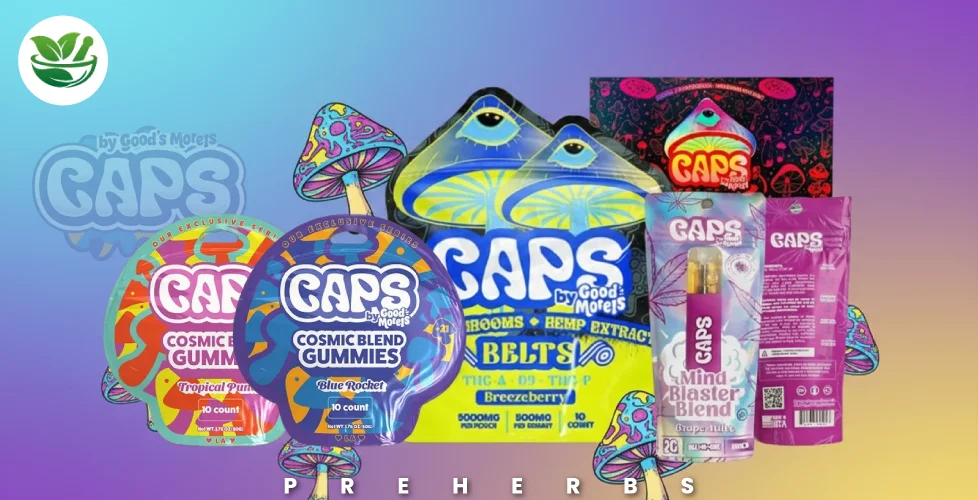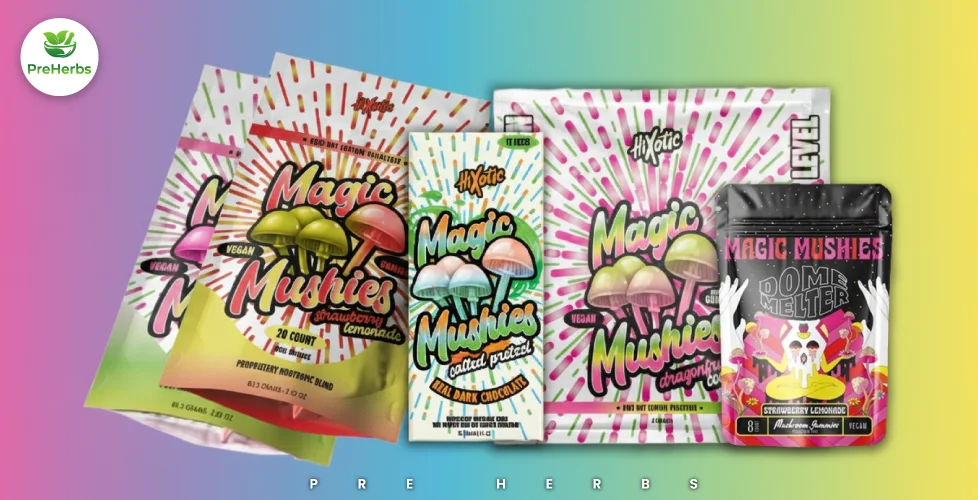In recent years, cannabidiol CBD has surged in popularity due to its potential health benefits and its status as a non-psychoactive compound derived from cannabis. However, the legal landscape surrounding cannabidiol is complex and varies significantly depending on location and context. As of 2024, understanding the legal status of cannabidiol requires navigating a web of federal, state, and international regulations. This blog post aims to provide a comprehensive overview of the current legal status of cannabidiol and what you need to know to stay compliant.
Related blog: The Science Behind CBD: How It Works in the Body
1. What is CBD?
CBD is a compound found in cannabis plants, including hemp and marijuana. Unlike tetrahydrocannabinol (THC), the psychoactive component of cannabis, cannabidiol does not produce a “high.” Instead, it’s touted for various potential therapeutic benefits, including reducing anxiety, alleviating pain, and improving sleep quality.
2. The Federal Landscape On CBD
Navigating the federal landscape for cannabidiol (CBD) in the U.S. involves understanding the impact of the 2018 Farm Bill, which legalized hemp-derived cannabidiol under specific conditions. However, this federal approval is tempered by ongoing regulatory oversight from the FDA. Together, these elements define the current and evolving legal status of cannabidiol .
2.1. The 2018 Farm Bill
In the United States, the legal status of cannabidiol was significantly altered by the passage of the 2018 Farm Bill. This bill legalized hemp-derived cannabidiol at the federal level, provided that the cannabidiol products contain no more than 0.3% THC by dry weight. This legislation distinguished hemp (cannabis plants with less than 0.3% THC) from marijuana (plants with higher THC levels), effectively removing hemp-derived cannabidiol from the Controlled Substances Act’s list of prohibited substances.
2.2. FDA Regulations On CBD
Despite the 2018 Farm Bill’s federal legalization of hemp-derived CBD, the U.S. Food and Drug Administration (FDA) has maintained regulatory oversight. The FDA has approved Epidiolex, a cannabidiol -based medication for treating certain types of epilepsy, but has not yet approved cannabidiol for use in dietary supplements or as a food additive. The FDA has issued warning letters to companies making unapproved health claims about cannabidiol , underscoring that cannabidiol products must comply with existing regulations and cannot make unverified health claims.
Related blog: How to Incorporate CBD into Your Wellness Routine
In 2024, the FDA continues to evaluate how to regulate cannabidiol in dietary supplements and foods. Recent developments include ongoing discussions about creating a regulatory pathway for these products, which could provide clearer guidelines for manufacturers and consumers alike.
3. State Regulations On CBD
The legal status of cannabidiol can vary widely from state to state. While the 2018 Farm Bill provides a federal baseline, states have the authority to enact their own laws regarding cannabidiol .
3.1. States with Broad Legalization
Most states have aligned with federal law, allowing for the sale and use of hemp-derived CBD products. In these states, cannabidiol is generally accessible in various forms, including oils, tinctures, edibles, and topicals. However, specific regulations, such as labeling requirements and THC limits, can vary.
3.2. States with Restrictive Laws
A few states have more restrictive regulations. For example, Idaho and South Dakota have had stricter controls on cannabidiol products, requiring additional testing or prohibiting certain forms of cannabidiol outright. Consumers in these states should be particularly cautious and stay informed about local laws to avoid potential legal issues.
Related blog: How to Choose the Right CBD Dosage for Your Needs
3.3. Recent Changes and Trends
Some states have recently revised their cannabidiol regulations to address emerging issues, such as product safety and labeling standards. For example, states like California and Colorado have implemented detailed regulations to ensure product quality and transparency. As regulations continue to evolve, staying updated on local laws is crucial for consumers and businesses alike.
4. International Regulations On CBD
The legal status of cannabidiol varies internationally, reflecting different approaches to cannabis regulation.
4.1.CBD In Canada
In Canada, cannabidiol is legal and regulated under the Cannabis Act. CBD products can be sold legally as long as they are produced and marketed in compliance with the Act’s stringent requirements. The Canadian regulatory framework includes strict controls on product content, packaging, and marketing.
4.2.CBD In European Union
In the European Union, the legal status of cannabidiol depends on the country. Generally, cannabidiol products derived from hemp and containing less than 0.2% THC are legal in most EU member states. However, each country may have its own regulations regarding cannabidiol products, including requirements for novel food approval and specific product standards.
Related blog: Exploring the Different Types of CBD Edibles
4.3. CBD In Other Regions
Countries like Australia and New Zealand have specific regulations for cannabidiol . In Australia, cannabidiol products are available by prescription and must meet particular criteria. New Zealand allows over-the-counter sales of CBD products with a prescription, but with restrictions on THC content and product claims.
5. Key Takeaways and Considerations
When dealing with cannabidiol (CBD), it’s crucial to understand key takeaways and considerations to ensure compliance with evolving regulations. Key points include verifying THC levels to adhere to federal standards, staying informed about FDA guidelines, and being aware of local and international laws. These considerations help navigate the complex landscape of cannabidiol legality effectively and avoid potential legal pitfalls.
- Verify THC Levels: Ensure that CBD products contain no more than 0.3% THC to comply with federal law.
- FDA Compliance: Be aware that the FDA has not approved cannabidiol for dietary supplements or food additives, and avoid products making unverified health claims.
- Stay Informed Locally: Check state and local regulations, as they can impact the availability and legality of CBD products in your area.
- International Awareness: For those traveling or purchasing products from abroad, understand the legal status of cannabidiol in the respective country.
Related blog: Maximizing the Benefits of CBD: How to Choose Quality CBD Products
Conclusion
The legal status of CBD in 2024 reflects a complex interplay of federal, state, and international regulations. While federal law permits hemp-derived CBD with minimal THC, state and international rules can add layers of complexity. Staying informed about current regulations and understanding local laws is essential for consumers and businesses to navigate this evolving landscape effectively. As the regulatory environment continues to develop, ongoing vigilance and adaptation will be key to staying compliant and informed about CBD’s legal status.



